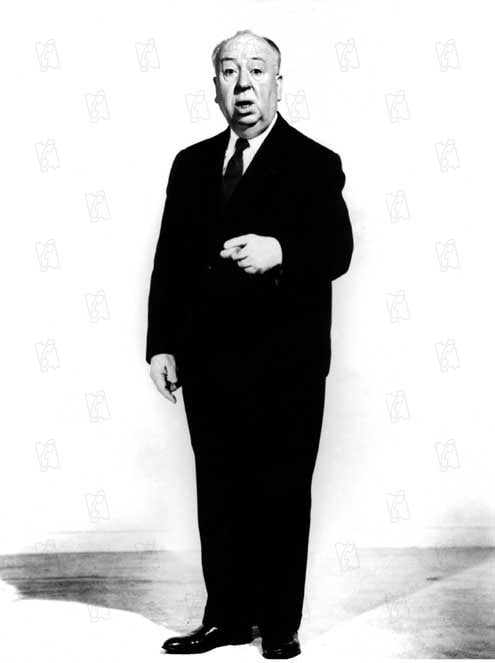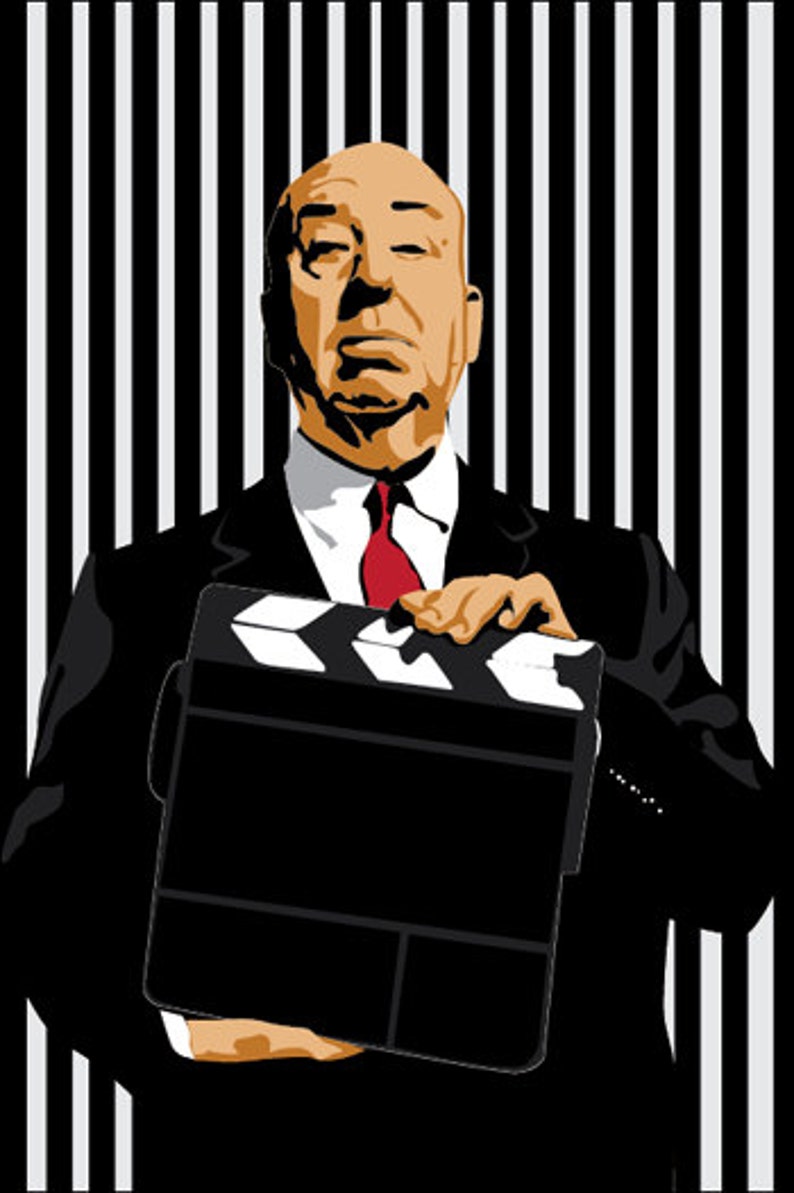

Alfred Hitchcock's Mystery Magazine (1956-current) is a Digest-sized crime and detection magazine, a sister publication to the older Ellery Queen's Mystery Magazine (see Ellery Queen) and from 1977 to 1992 of Asimov's Science Fiction this makes licensed use of the Hitchcock name, though he had zero editorial involvement. Henry Slesar wrote 24 segments for this series there was a posthumous revival as Alfred Hitchcock Presents ( 1985-1986 1987-1989).

From 1955 to 1965 Hitchcock hosted and was executive producer of the Television anthology series Alfred Hitchcock Presents ( 1955-1962), latterly The Alfred Hitchcock Hour ( 1962-1965), aired alternately on CBS and NBC and presenting stories in similar vein to the above-cited anthologies – both adaptations of existing tales and original teleplays. As an example, My Favorites in Suspense (anth 1959), ghost-edited by Patricia O'Connell, includes Daphne du Maurier's The Birds plus fantastic tales by Anthony Boucher, John Dickson Carr and H G Wells. He is credited as editor of a great many Anthologies of crime, suspense, horror and supernatural fiction, beginning with Suspense Stories Collected by Alfred Hitchcock (anth 1945) and occasionally featuring sf these were invariably ghost-edited – though not all editors are known – and almost all have ghostwritten "Hitchcock" introductions. Hitchcock won many film awards, though never the Academy Award (Oscar) for best director he was knighted in 1980, the year of his death.

Its vision of ordinary birds which become inexplicably hostile conveys a lasting disquiet. His film of greatest genre relevance is The Birds ( 1963), scripted by Evan Hunter from Daphne du Maurier's short The Birds (October 1952 Good Housekeeping 1996 chap). The most famous Hitchcock film is Psycho ( 1960), based on Robert Bloch's Psycho ( 1959) and somewhat overshadowing that author's career again there is no actual element of Fantastika in the story of a cross-dressing serial murderer, but the in-your-face dramatic effectiveness of Hitchcock's presentation made a significant impact and was hugely influential on later Horror cinema. These include the psychological thriller Vertigo ( 1958), which without actually edging into the fantastic uses a disorienting "dolly zoom" perspective-distortion effect for the protagonist's acrophobia attacks. He moved to Hollywood in 1939, and many notable productions followed. His first successful films were thrillers made in Britain, notably The 39 Steps ( 1935), based on John Buchan's popular novel The Thirty-Nine Steps (July-September 1915 Blackwood's Magazine as by H d V 1915) this introduced the characteristic Hitchcockian McGuffin (his term), here a set of stolen plans, that drives the chase-adventure plot. (1899-1980) UK-born Cinema director and producer whose career began in the silent-movie era in 1920 and who achieved global fame as the "Master of Suspense" – dramatic tension achieved through innovative framing and editing, with such trademark devices as camera movements designed to lure viewers into complicity with the viewpoint of the lens.


 0 kommentar(er)
0 kommentar(er)
